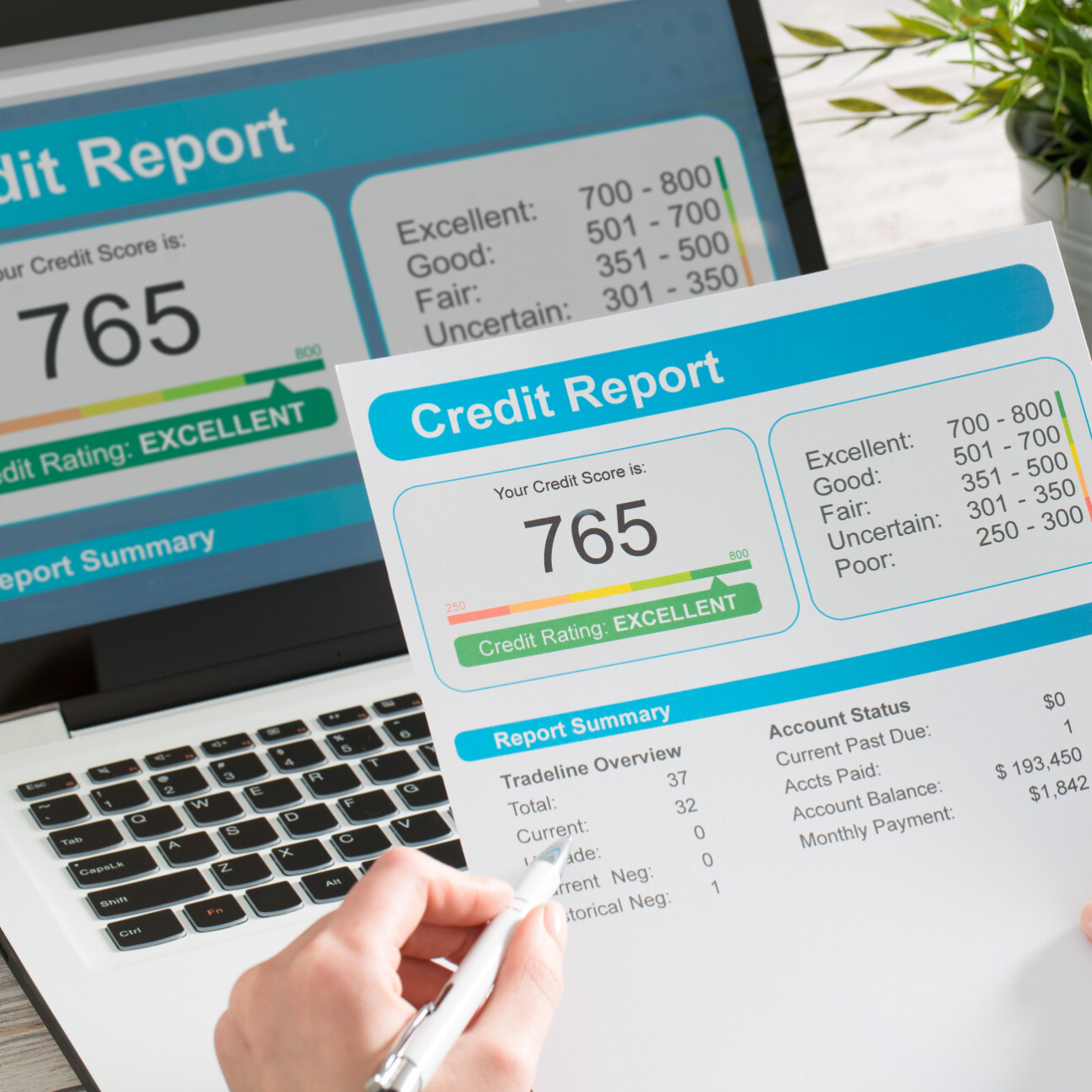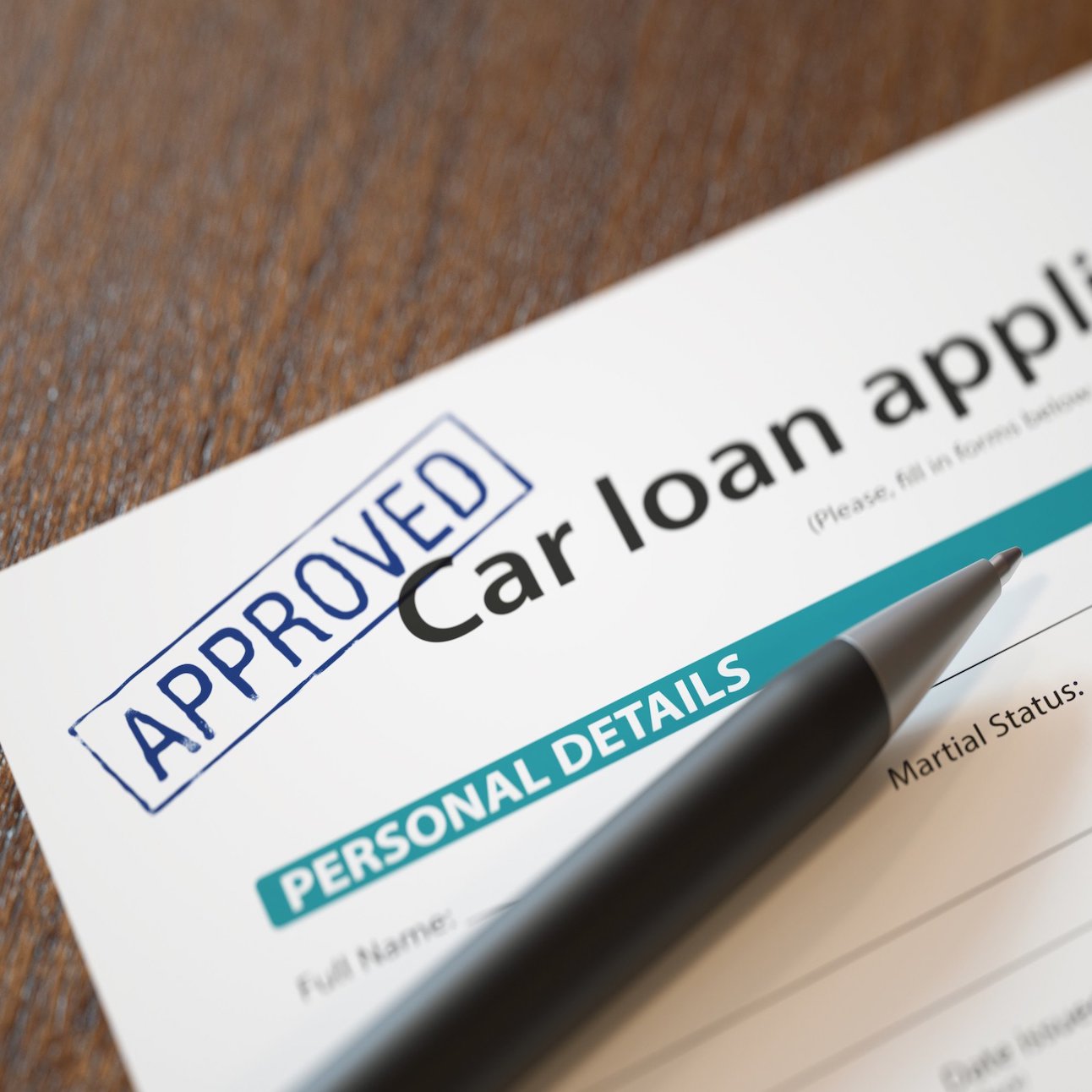
You aren’t alone if you feel anxious about the economy and how you’ll pay your bills. When surveyed, almost half of Canadians said they were concerned about finances and keeping up with debt repayments. Now’s the time to take stock and get your money management in order. That starts with your credit rating. But how can you avoid getting a bad credit score that could damage your future chances of a mortgage or loan?
Continue reading our guide as we share our top tips.
Check Your Current Score
The first step to managing your finances is to face them head-on. And that starts with confronting your current debts by ordering your credit report.
You can obtain your personal credit report online from a credit rating agency.
You’ll need to enter personal information, including your address and financial history, and the report will provide the rest. It will explain your payment history, how much debt you owe, whether you’ve paid on time, and any credit defaults.
While you can’t turn back time, you can use this information to get a complete picture of your finances. That will help you manage and improve your score.
Check for Report Errors
Once you’ve reviewed your credit report and examined your debt, you have a second task to help you avoid a bad credit rating. That task is checking the information for errors.
Occasionally, incorrect records end up on your file and hurt your credit report. Unless you apply to review your credit score history (or unexpectedly get declined for a bank loan), you might not realize there is a problem.
Common issues include financial links to others with poor credit. That might happen if you have an ex-partner or live with adult relatives.
Other errors might include outstanding debt that you know you have paid off. You must keep all records and statements on any credit you own to cross-check this information against your credit report.
If you identify an error, contact the credit agency with the relevant evidence and ask them to remove that information from your records.
Review Your Credit Score Each Month
If you have a poor credit score, moving that score up to an excellent one can sometimes take months or years. However, going from a good to a poor score can happen quickly, particularly if you default on a loan.
The best way to avoid a fall in your credit score is to pay your bills on time, but the second best way is to review your score regularly. That will help you catch problems early before they snowball into the sort of damage that takes time to repair.
Examine Your Credit Card Interest Rates
If you own multiple credit cards, now is the time to get out your paperwork and look at the interest rates you pay on that debt each month.
Once you’ve done that, focus on paying back the most expensive card. You will need to continue paying a minimum on your other cards. However, reducing your most costly debt will help you get your finances under control faster.
Once you’ve paid off the balance on your most expensive credit card, move to the card with the second-highest rate.
Those repayments will also help you avoid a bad credit score for two reasons: first, ensuring you pay your monthly bills on time, and second, reducing your overall debt as a percentage of your total credit limit.
Consolidate Your Debts
Have you applied for numerous credit and store cards over the years, perhaps tempted by special introductory offers? You could help manage your credit score by consolidating that debt into one easy-to-manage loan.
Consolidating your debts will help you reduce your debt to the maximum credit ratio each month, which will help improve your credit rating.
Consolidation also makes it easier to manage your money each month. You are less likely to make an error with your payments that could damage your credit rating.
Instead of monitoring multiple charges, you can set up one single, steady payment and avoid surprises in your monthly bank account.
Get a Loan
It might sound counterintuitive, but getting a loan could help you improve your credit rating and prevent it from falling into the “bad” score category.
That’s because it demonstrates your ability to pay your debts on time each month, which is what lenders want to see before they approve a loan. At Kingcash, we offer fast personal loans without needing a credit check.
This option will allow you to build your credit the easy way. You won’t need to face the worry of applying for a financial product and getting declined by the provider because of your credit score.
Moreover, you could also use this loan to consolidate any credit cards you have.
Manage Your Spending
Getting into good financial habits is the best way to control your credit score and ensure it doesn’t drop. Here are some practical ways to get to grips with your finances:
- Use an app or spreadsheet to track your financial accounts and outstanding balance
- Monitor your weekly and monthly spending and set a realistic budget
- If you are actively reducing debts, look at pausing any luxury spending for a few months until you get your debt to a more manageable level
- Put a small savings account together to keep aside money for an emergency
- Find some simple swaps on your everyday spending to reduce your outgoings, such as shopping around for cheaper mobile tariffs
Managing your finances takes effort, but the rewards are worth your time. A good credit rating means you can make the most significant purchases in life, like a house or car.
Manage Your Money and Avoid a Bad Credit Score
Managing your money is about a lot more than writing a budget. You must avoid a bad credit score and maintain an excellent rating to get your finances in order.
Our loans are fast, easy, and don’t require a credit check. So if you need cash and want to protect your credit history, we are the perfect option. Apply here today.


